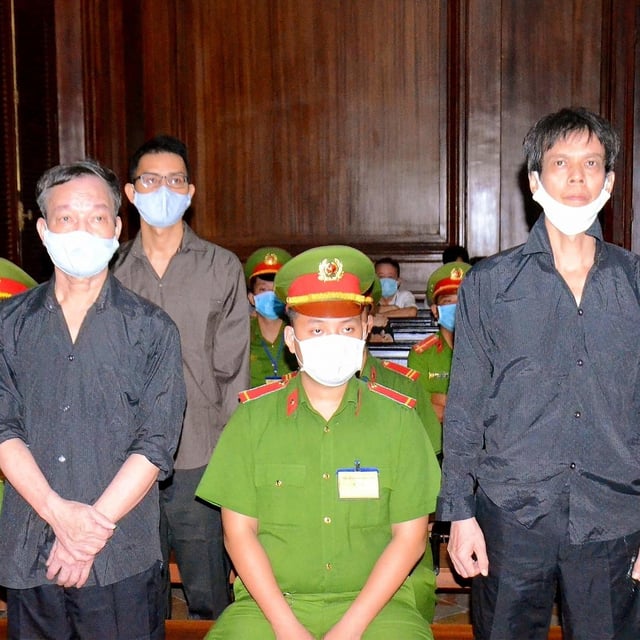Overview
- President Trump signed an executive order eliminating funding for U.S.-backed international media outlets, citing federal bureaucracy reduction and alleged bias.
- Voice of America, Radio Free Europe/Radio Liberty, and Radio Free Asia have ceased most operations, with thousands of staff placed on leave or furloughed.
- Radio Free Europe/Radio Liberty has filed a lawsuit against the U.S. Agency for Global Media, arguing the funding cuts violate federal appropriations laws.
- Critics warn the move undermines U.S. soft power and global press freedom, as authoritarian regimes like China and Russia celebrate the closures.
- European nations are exploring ways to replace U.S. funding for the outlets, but legal and logistical challenges complicate potential solutions.



